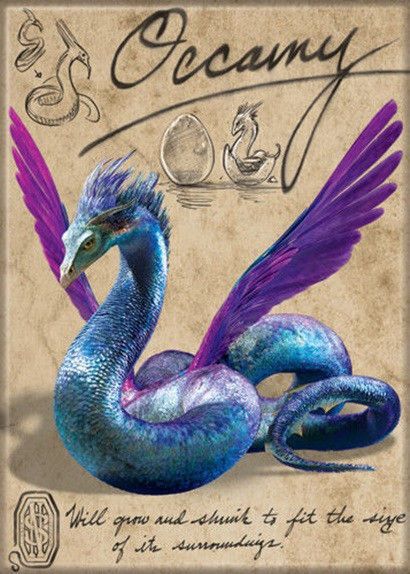Lesson Three

Welcome back! Hopefully everything is going smoothly so far. For this lesson, we will discuss fantasy and a few different authors.
Now, like it was mentioned in Lesson One, we should devote quite a bit of talk to fantasy as it is an enormous genre within fiction.
Books like Harry Potter, The Chronicles of Narnia, and The Lord of the Rings would fall into the category of fantasy. For the purpose of providing examples while keeping everyone on the same page, I will only use those three books as discussion points for this lesson. Most Fantasy books have the element of magic in them. For instance, in Harry Potter, the whole series revolves around magic. In The Chronicles of Narnia there are various magical creatures and of course magic is used especially when the evil queen, Jadis, put a curse over Narnia that made it winter for a long time. And, in The Lord of the Rings, magic creatures are present as well as magic in general.
Authors

Since we are discussing some fantasy I feel that it is only right to discuss some notable authors as well using the three book examples I previously mentioned. Now, of course, we all know J. K. Rowling, author of Harry Potter. J. K. Rowling is the ninth best selling fiction author of all time with over 400 million copies of Harry Potter sold. J. K. Rowling started writing Harry Potter in 1990 and The Philosopher's Stone was first published in 1997.
Another author I feel that we should briefly talk about is C. S. Lewis, author of The Chronicles of Narnia. Born in 1898, Lewis started writing The Chronicles of Narnia in 1939 and finished writing The Lion, The Witch, and The Wardrobe in 1949. His books have become widely popular with 100 million copies sold.
J. R. R. Tolkien
J. R. R. Tolkien is author of The Lord of the Rings. J. R. R. Tolkien was an English author. Starting with The Hobbit, which was published in 1937, he went on to write The Lord of the Rings which was intended as a sequel. He ended up writing three sequels, all known as The Lord of the Rings trilogy.
Some say that Tolkien was the father of fantasy because he was the first person to begin writing fantasy fiction. Before his time, people didn't write fantasy that much and the ones who did would try to explain it off as some dream they had or some traveler's tale. Writers were embarrassed to write about alternate worlds because it was looked upon as more child's play. After The Lord of the Rings became popular, people didn't feel the same way anymore, they didn't feel like they had to explain their worlds anymore - it wasn't an unpopular genre.

Fantasy Elements
There are essentially four parts to a fairy story, which is pretty much what The Lord of the Rings was in Tolkien's opinion - a big fairy story. Fantasy is at the head of it all. He describes fantasy as something that is not from this world but gives the feeling of reality. The elements all stem off of fantasy. The first is Enchantment, which is a second reality or world that the creator and readers can enter and enjoy equally in their own sense. The second is Recovery. Recovery means that the reader takes something away from the story and sees their world in a different light. Next is Escape which is being able to mentally escape from all the evil of the world. The final element is Consolation which is when the good overcomes the evil in the novel.

Magical Creatures
In fantasy, many magical creatures are talked about. Some include centaurs, dragons, phoenixes, and fairies to name a few. In most fantasy books, magical creatures pop up quite a bit. Think about how many times in the Harry Potter series magical creatures are mentioned. An entire Hogwarts class is devoted to studying magical creatures and people are warned to stay out of the Forbidden Forest for fear of them. In The Chronicles of Narnia, the entire world practically revolves around magical creatures. Of the main characters, Aslan, is a lion with magical abilities. And, in The Lord of the Rings there are many magical creatures as well like dragons, werewolves, and vampires. Do you see how those creatures are also in Harry Potter? A lot, if not most, fantasy books reuse magical creatures that have been used before - it's what gives a fantasy book that element of fiction.
To end this lesson, I want to talk a bit about how magic is used differently in these series previously discussed. To make a fantasy book, well, fantasy, it has to have a made-up magical element to it. This could simply mean that the world is entirely made up and doesn't have any grounds in reality and/or it could mean that it has magical elements. Most, if not all, fantasy genre books do have magical elements. Whether it is shown by performing actual magic or whether it simply has magical creatures, most books that fall under the genre of fantasy have a lot to do with magic in general.
Well, that should wrap up this lesson. If you have any questions or wish to discuss something, just send me a message :)